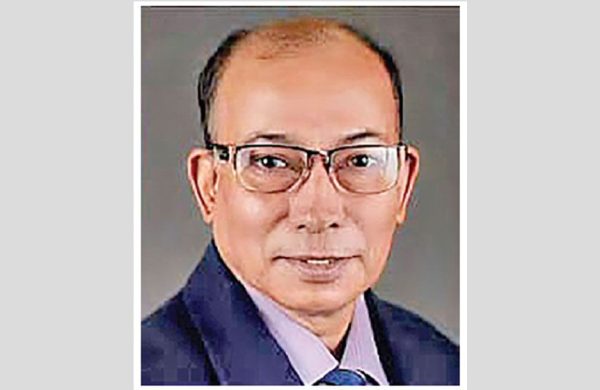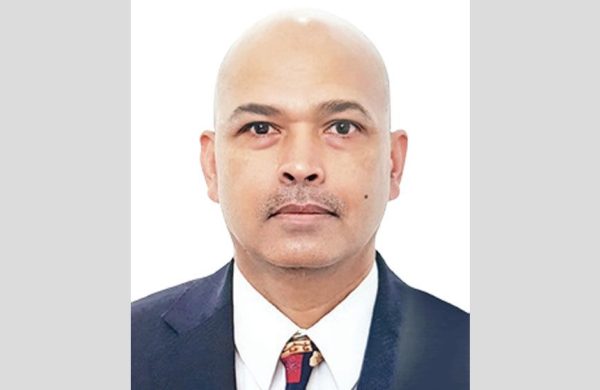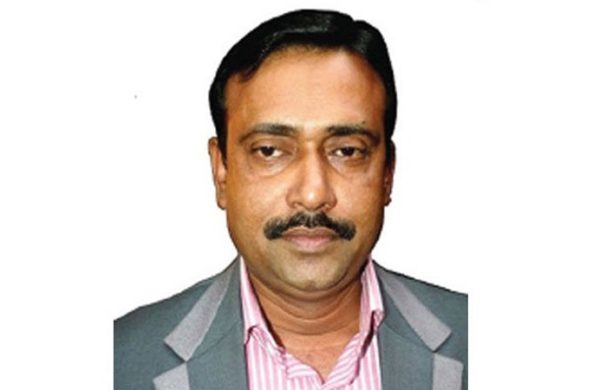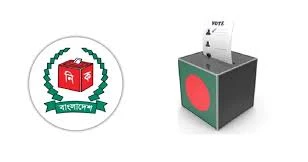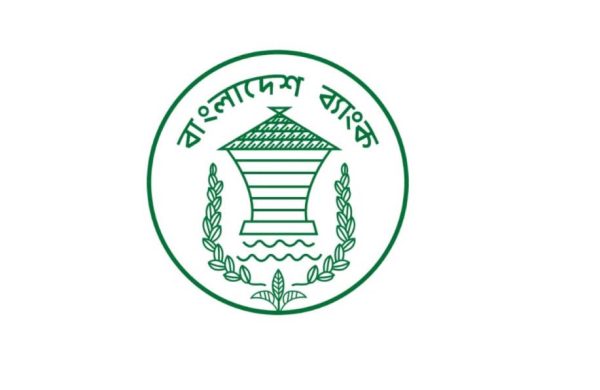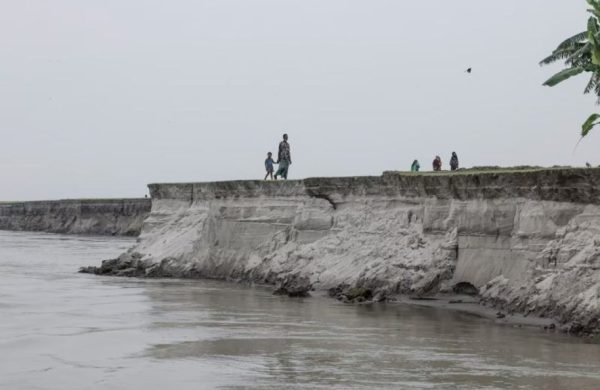The Nobel Peace Prize in Our Times
- Update Time : Monday, October 14, 2024
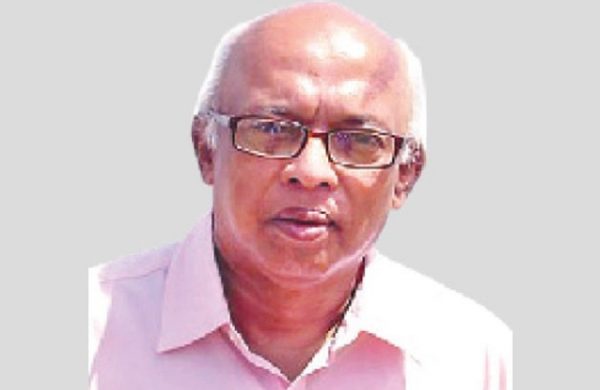
–––––Syed Badrul Ahsan––––
The Nobel Committee has sort of redeemed itself this year. When it awarded the Nobel Prize for Peace to the atomic bomb survivors’ organisation Nihon Hidankyo, it was informing the world, knowingly or unknowingly, that for once in a long time it had decided to stay away from and indeed above any controversy over the prize. One might argue here that the peace prize should have gone to Nihon Hidankyo years ago. Everyone aware of the tragedy which befell Hiroshima and Nagasaki in August 1945 knew how the survivors of the nuclear explosions were coping. It is inconceivable that the Nobel Committee did not know. That eventually 344,306 Japanese died in Hiroshima and 198,785 perished in Nagasaki is a terrible tragedy which amounts to a cool-headed commission of genocide by those who dropped the bombs. The perpetrators were never punished.
That said, we are happy that the Nobel for Peace has now gone to the right people. We cannot say the same about the award earlier going to those who certainly did not deserve it because of the obnoxious record of their politics. And there have been others who were given the peace award but then went on to indulge in acts which militated against the very norms on which a peaceful order rests. Unfortunately, the Nobel system has no mechanism for recalling the awards that have gone to the undeserving, which is again a message for the Nobel Committee that it needs to recast the system. Those peace awardees who have gone on to instigate or preside over disorder in their countries or regions should be stripped of their awards in order to uphold the dignity of the Nobel Peace Prize.
A brief study of the peace award given to individuals in the past many decades certainly impresses us with the fact that many of these individuals truly deserved the honour for the gigantic contributions they made to global peace. They were people of integrity, men and women whose comprehension of the issues the world was confronted with was clear and without blemish. They looked beyond themselves and rose to the pinnacle of statesmanship in their careers, which was why the Nobel for Peace came to them. Think here of Willy Brandt, the West German Chancellor whose initiation of Ostpolitik in 1970 was an opening to the détente that would soon come to define East-West relations. He richly deserved the Nobel and got it. And, of course, before him the award went posthumously to another man of peace, UN Secretary General Dag Hammarskjoeld. In his search for peace in Congo in 1961, Hammarskjoeld lost his life in a plane crash. Few statesmen have there been of the likes of Brandt and Hammarskjoeld.
When you reflect on the history of the Nobel Peace Prize in a comprehensive way, you cannot but wonder why the award did not go to Mahatma Gandhi, the undisputed apostle of peace whose message of non-violence was subsequently to be adopted by Martin Luther King Jr and Nelson Mandela. Both King and Mandela were worthy of the prize and had the good fortune of coming by it. But one wonders if Gandhi’s not getting the award had anything to do with the British colonial power, busy as it was in the 1930s and 1940s doing all it could to suppress the Indian independence movement and Gandhi’s loud calls for his country’s freedom. It is a query which will perhaps never be answered. So we will leave it at that. But we are happy that Mother Teresa was honoured with the Peace Prize long years after Gandhi passed from the scene.
In recent decades, the Nobel Committee was rash in awarding the peace prize to men like Henry Kissinger and Le Duc Tho for what it thought was the coming of peace in Vietnam. The committee was wrong, for Vietnam was still at war in 1973. Tho declined to accept the award on that very ground, but Kissinger cheerfully took it. And do remember that in that very year Kissinger, along with President Nixon, had been involved in the violent overthrow of Chilean President Salvador Allende and the installation of a brutal, pro-Washington military regime in Santiago. Kissinger’s was a dismal record, seeing that his policies in such other places as Cambodia and Bangladesh did not qualify him for the Nobel Peace. The Nobel Committee thought otherwise, however. Nevertheless, the award to Kissinger tarnished the reputation of those who made the decision.
The later decisions to award the Nobel Peace Prize to political leaders for the statesmanship they had demonstrated in opening the doors to peaceful accommodation in their regions were admirable. The peace prize went to Anwar Sadat and Menachem Begin in 1978. Sadat should have been the sole recipient of the prize, seeing that it was his courage in travelling to Jerusalem in November 1977 which set the peace process rolling in the Middle East. The awarding of the Nobel Peace Prize to Yasser Arafat, Yitzhak Rabin and Shimon Peres in 1994 was a better option since all three men sincerely made an effort to turn the Middle East away from the conflict that had ravaged the region since the establishment of the state of Israel in May 1948. But pause a while. The man instrumental in bringing Sadat and Begin to Camp David was Jimmy Carter, who ought to have received the Nobel Peace that year, 1978. In the event, he needed to wait twenty-four years, till 2002, before the Nobel Peace Prize came to him.
In its grant of the Nobel Peace Prize over the years, the Nobel Committee has passed some deserving candidates by. The 1974 tripartite agreement between Bangladesh, India and Pakistan was a seminal event which turned the South Asian subcontinent away from its recent military conflict and towards a new beginning. It was a moment in history which should not have been ignored by the Nobel Committee. The unalterable truth is that in 1974, the Nobel Prize for Peace should have jointly gone to Bangabandhu Sheikh Mujibur Rahman, Indira Gandhi and Zulfikar Ali Bhutto, for all three were peacemakers.
In these past six decades, the Nobel for Peace has gone to individuals of good reputation. The list is impressive — Linus Pauling, Norman Borlaug, Desmond Tutu, Elie Wiesel, Jose Ramos-Horta, Wangari Mathai. All too often, the committee has stumbled, as in its decision to give the award to Barack Obama, Malala Yusufzai and dissidents who have in their countries waged battle against the government, to the delight of their western supporters. A good number of the committee’s decisions on the Nobel Peace Prize have undermined the appeal of the award. By the way, the world was saved huge embarrassment when in 2003 it was suggested that Tony Blair and George W. Bush be given the prize for their work in Iraq. And that was? They invaded the country in violation of all international laws, removed its government and turned it into a wasteland.
The expectation today, though, is that the Nobel Peace Prize going to Nihon Hidankyo this year is only a first step towards ensuring that the integrity of the prize, through its going into the hands of those absolutely deserving of it, is restored in its fullness.
___________________________________
Syed Badrul Ahsan writes on politics, diplomacy and history





